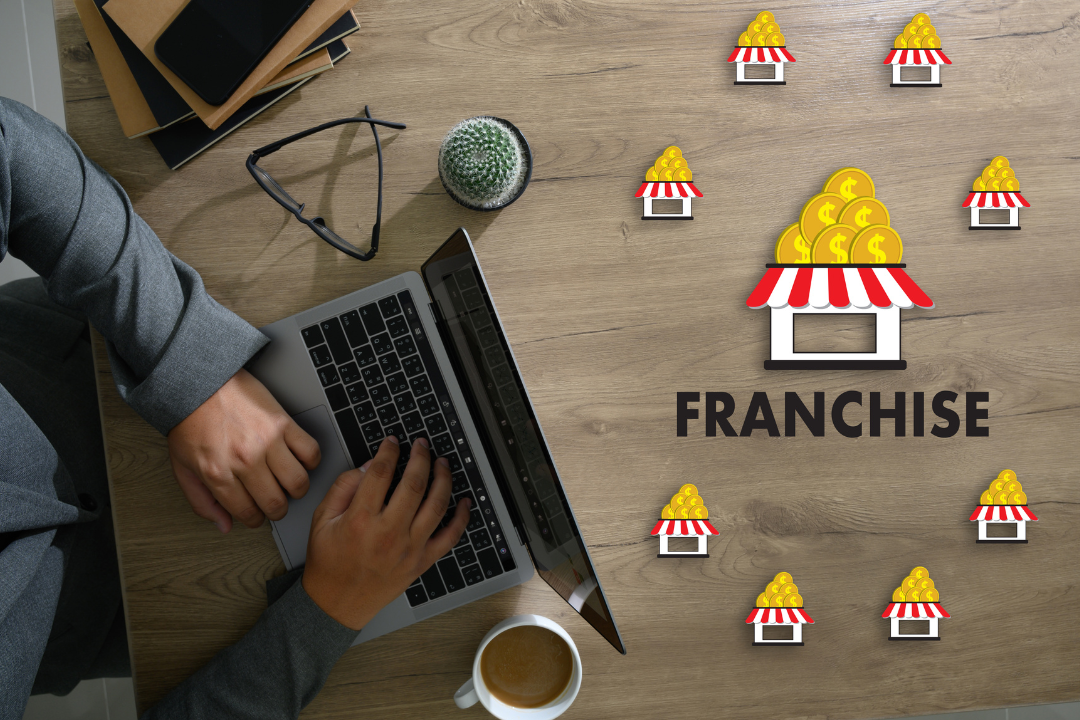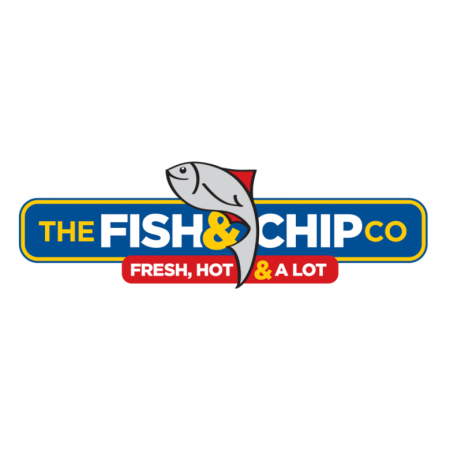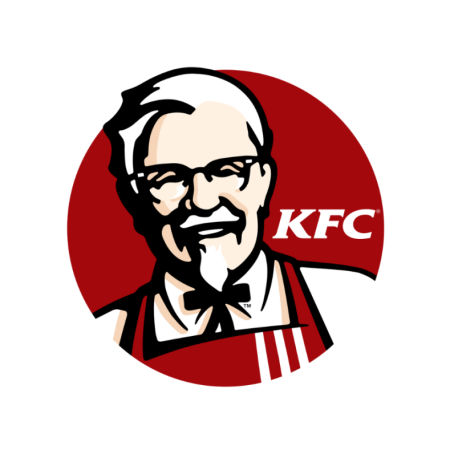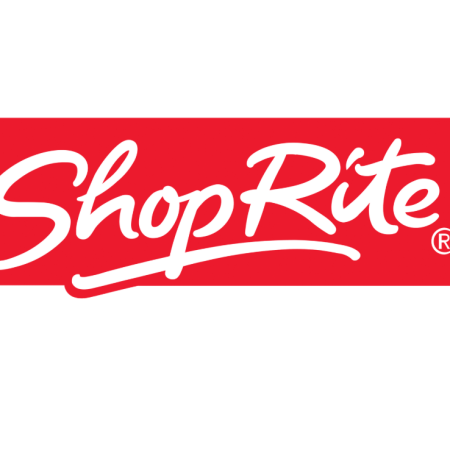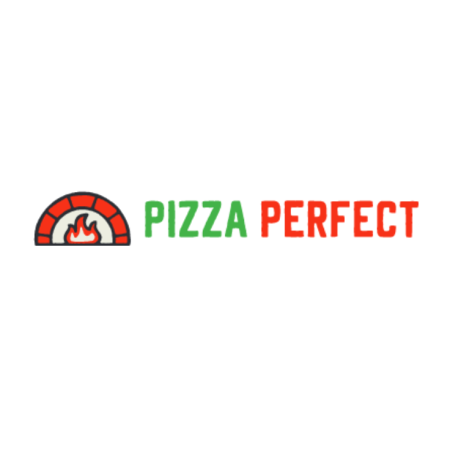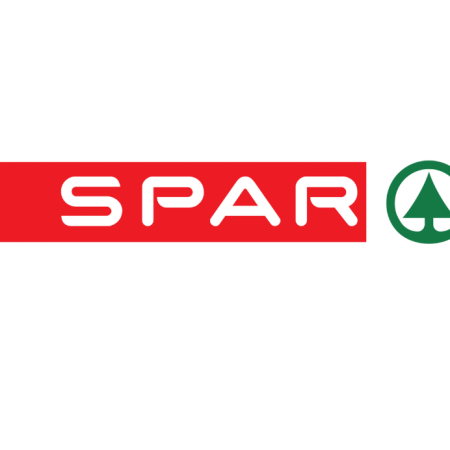Introduction
South Africa’s retail landscape is as diverse as its culture, offering many opportunities for entrepreneurs. Whether you’re eyeing the bustling streets of Johannesburg or the charming markets of Cape Town, deciding between starting a franchise or an independent retail business is crucial. Both options come with their own sets of advantages and challenges. Let’s delve into the pros and cons of each to help you make an informed decision.
Franchises: Leveraging Established Brands
Pros:
1. Brand Recognition: Franchises come with the advantage of an established brand. This means instant recognition and customer trust, leading to quicker business growth.
2. Proven Business Model: Franchises offer a tried-and-tested business model. This reduces the risks associated with starting a new business from scratch, as you benefit from the franchisor’s experience and support.
3. Training and Support: Franchisees provide comprehensive training programmes for franchisees and their staff. Ongoing marketing, operations, and management support helps ensure the business runs smoothly.
4. Economies of Scale: Being part of a more extensive network allows franchises to benefit from bulk purchasing, reducing costs for inventory and supplies.
5. Marketing Power: Franchises often have robust marketing strategies and campaigns at the national or regional level, giving you a competitive edge without the need for a hefty advertising budget.
Cons:
1. Initial Investment: The initial cost of purchasing a franchise, including franchise fees, equipment, and initial inventory, can be significant.
2. Royalty Fees: Franchisees typically pay ongoing royalty fees based on a percentage of their revenue, which reduces the bottom line as it is treated as an expense.
3. Limited Flexibility: Operating a franchise means adhering to the franchisor’s established protocols and guidelines, leaving little room for creativity or independent decision-making.
4. Renewal Terms: Franchise agreements are usually in force for a fixed period, and renewal terms may not always be favourable, potentially leading to uncertainty in the long run.
Independent Retail: Freedom and Flexibility
Pros:
1. Creative Control: Independent retailers have complete freedom to create their brands, choose their product lines, and tailor their business to their unique vision and market needs.
2. Cost Control: Independent retailers can use those funds for other expenses since they are not paying franchise fees and royalties.
3. Adaptability: Independent retailers can quickly adapt to market changes, introduce new products and adapt to customer preferences without needing approval from a franchisor.
4. Marketing freedom: Independent retailers can advertise however they want without waiting for franchisor approval or following set guidelines.
Cons:
1. Brand Building: Establishing a new brand from scratch requires significant time, investment, and effort. Gaining customer trust and recognition can be challenging, and slow to deliver results.
2. Higher Risk: Independent retailers face a higher risk of failure without a proven business model to follow, particularly in the early stages.
3. Limited Resources: Independent retailers may need more resources for marketing, training, and bulk purchasing, which can impact competitiveness since they don’t benefit from group buying.
4. Operational Challenges: Running an independent retail business requires a diverse skill set, from marketing and management to operations and finance, which can be overwhelming for new entrepreneurs.
Making the Choice: Franchise or Independent?
Choosing between a franchise and an independent retail business depends on your preferences, financial situation, and long-term goals. If you value brand recognition, structured support, and a lower-risk entry into the market, a franchise might be the right choice. However, if you seek creative freedom, flexibility, and the potential for higher profitability without ongoing fees, an independent retail business could be your path to success.
Local Considerations
In South Africa, the retail sector is vibrant and competitive. The country’s economic landscape, consumer behaviour, and regulatory environment should influence your decision. Conduct thorough market research, consider local consumer preferences, and analyse the competitive landscape in your chosen location. Consider whether you can compete effectively without the collective benefits of a franchise network. In competitive sectors such as food retail, it’s often challenging to take on established brands with bargaining power, loyalty programmes and clear brand differentiation.
Conclusion
Deciding between a franchise and an independent retail business is a pivotal step for any entrepreneur in South Africa. Weigh the pros and cons carefully, consider your strengths and resources, and choose the path that aligns with your aspirations. With dedication and strategic planning, both avenues can lead to a thriving retail business in this dynamic and diverse market.

